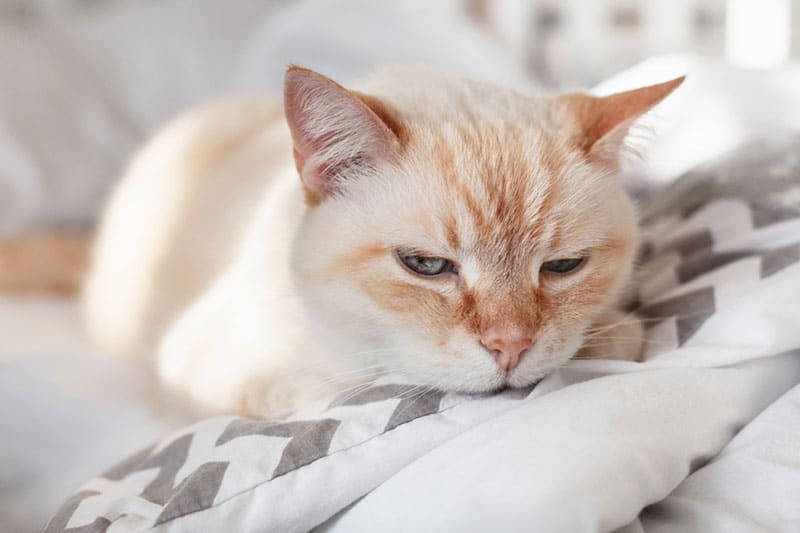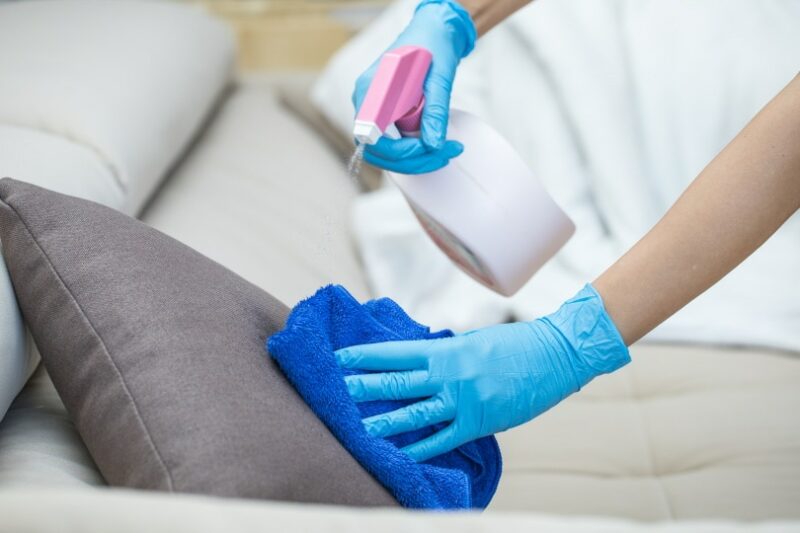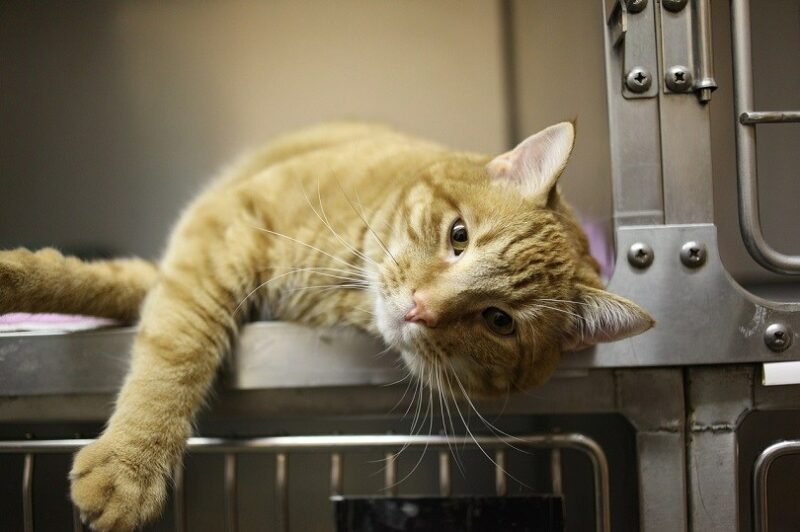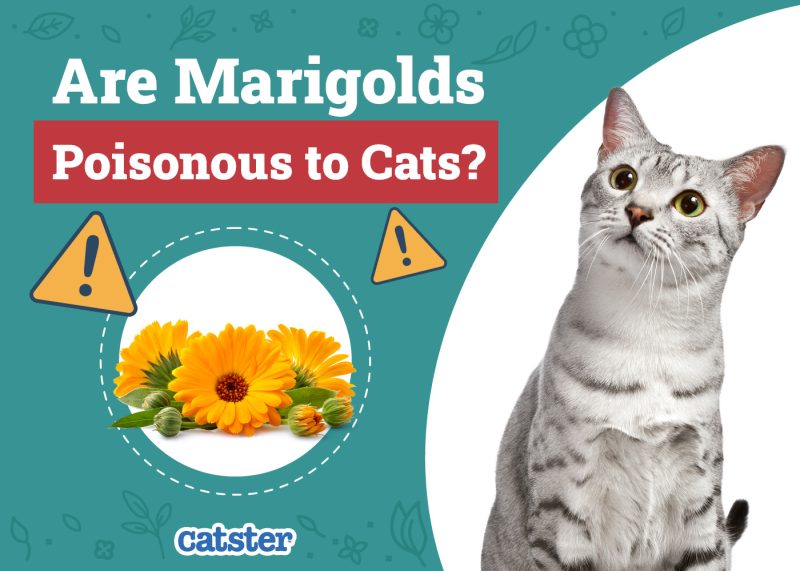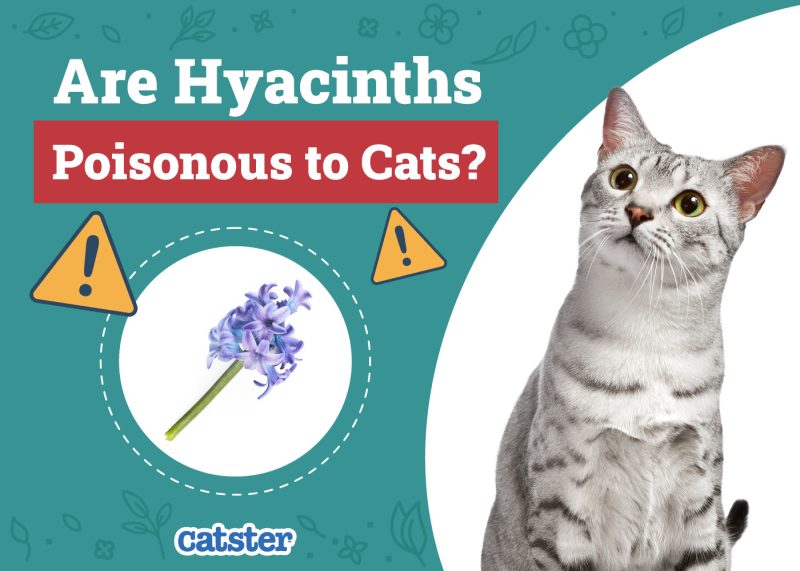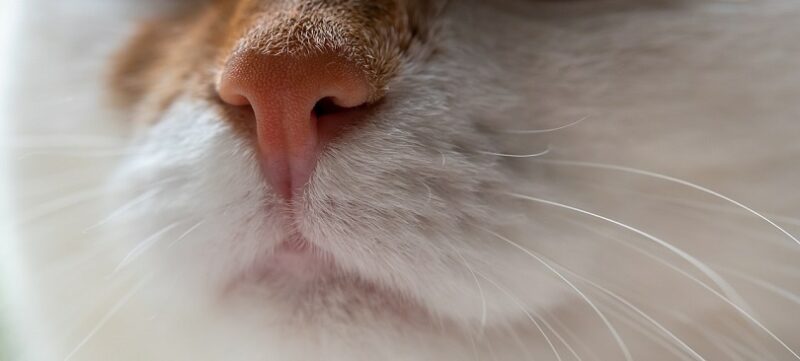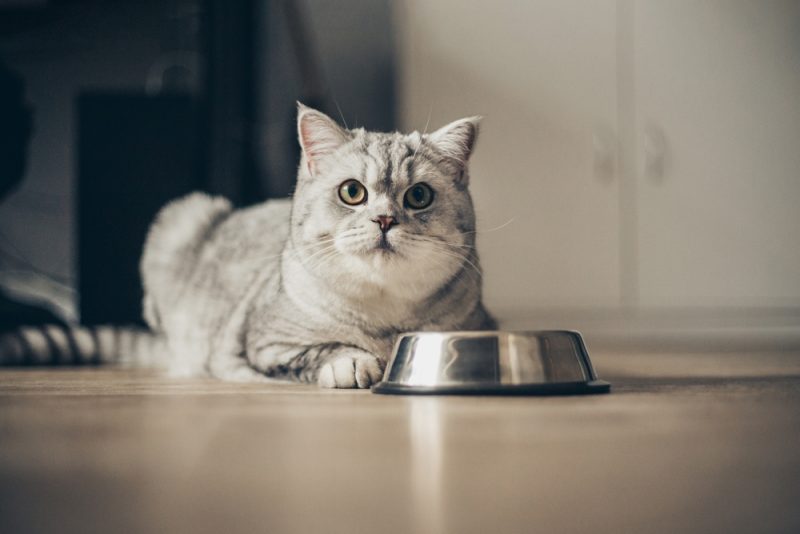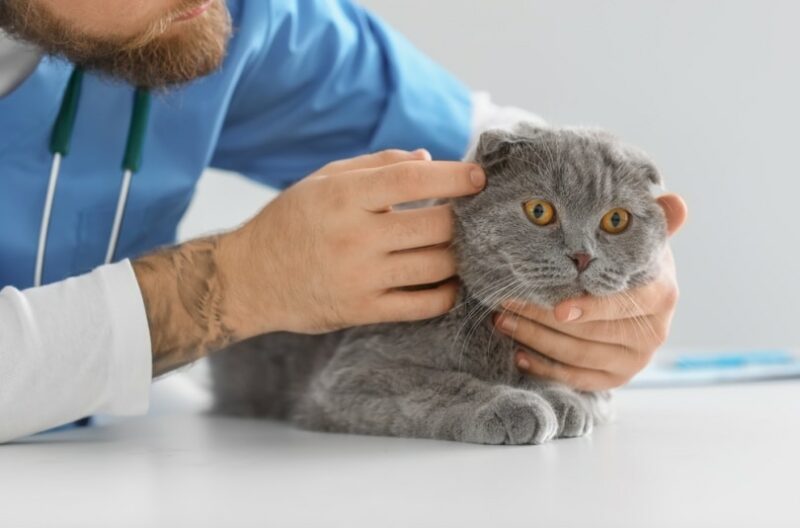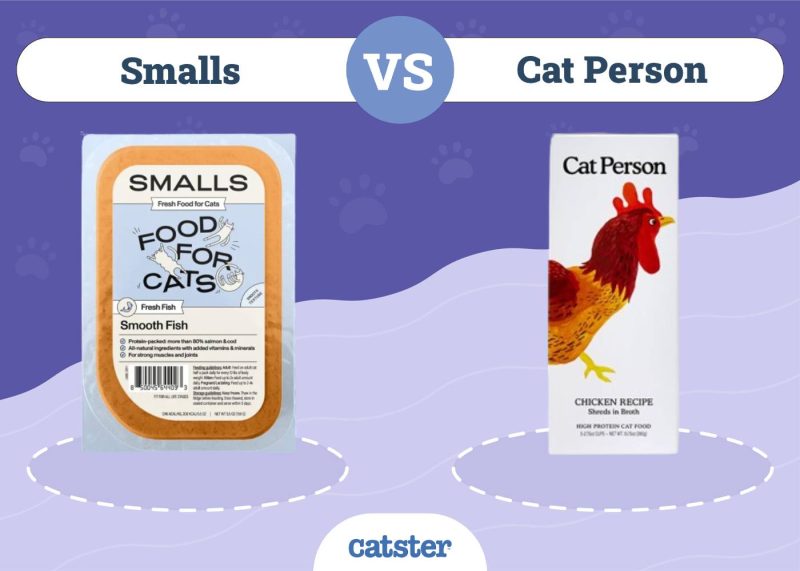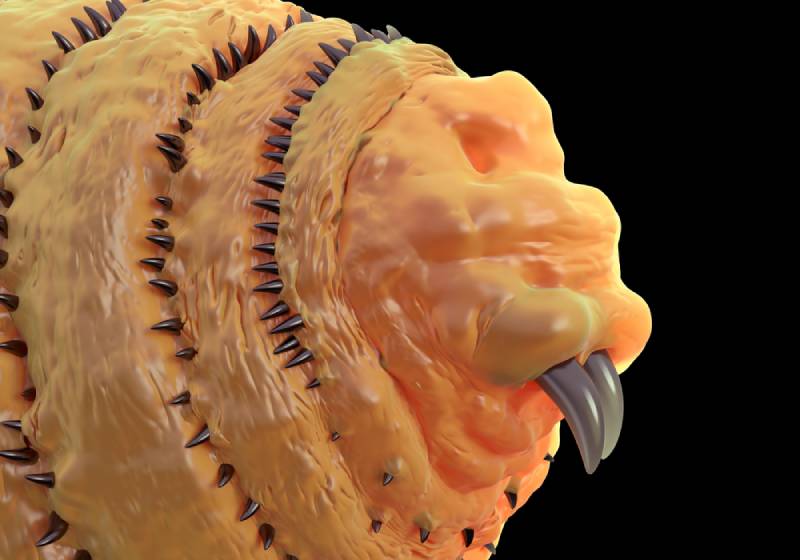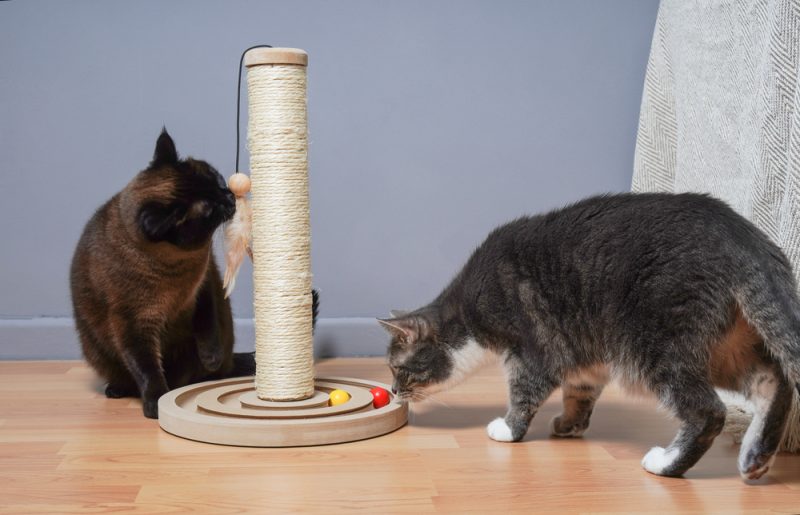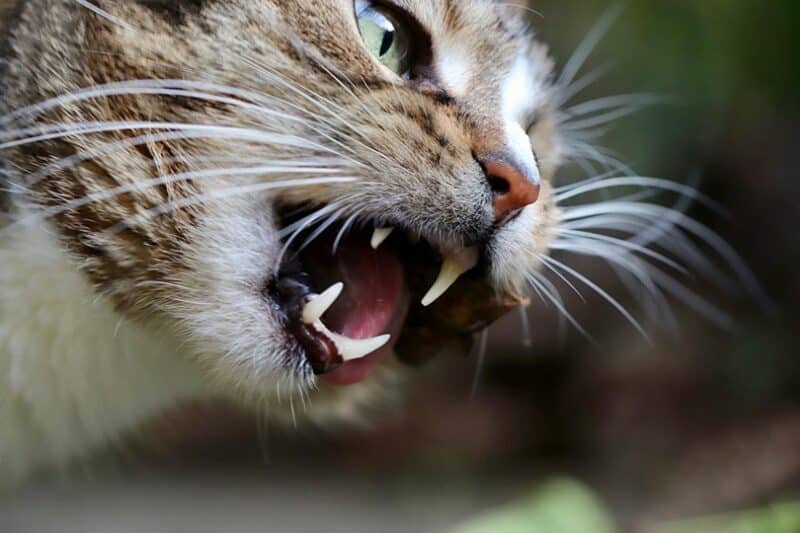Your cat may have access to toxins you didn’t even know existed in the house. There are many hidden dangers that can cause toxicosis in your cat and this is why it’s vital to be aware of signs as well as potential causes.
Read below to find out the 9 most common types of toxicosis we see in cats, and what you can do if your cat has been exposed.

The 9 Types of Toxicosis in Cats
1. Over the Counter (OTC) Medications
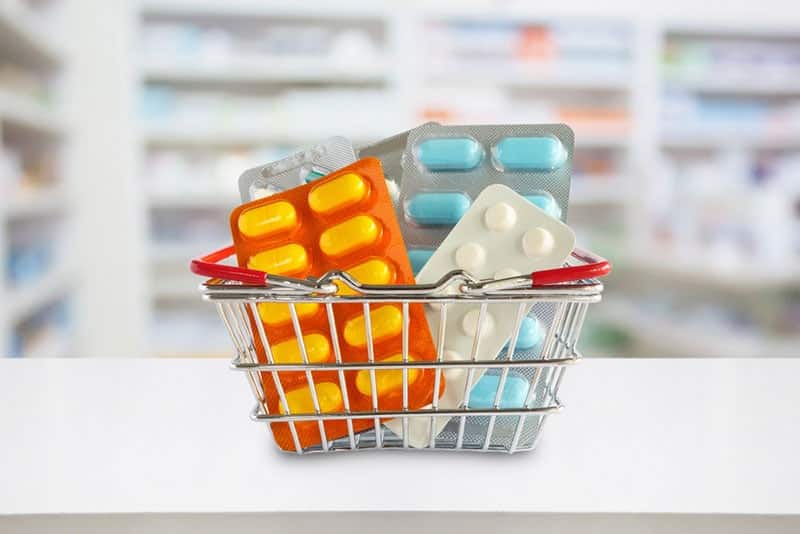
OTC medications can include anything from pain medications such as Ibuprofen and acetaminophen to cold medications or salves and ointments. You may drop a few pills out of the container and not realize it. Ointments and salves may have an enticing smell to your cat that will cause them to want to taste it. You may think you’re helping your cat by putting ointment on a wound or injury when in reality, it may be extremely toxic to your cat if they groom it off.
Try to figure out how much your cat ingested. This may or may not be easy if the entire container spilled onto the floor and/or there are only half-eaten pieces of pills left over. Do your best to estimate how much and which product was ingested. You should then call the ASPCA Poison Control Center. They’ll walk you through a few questions to try and calculate if what your cat ate is even toxic, and if so, at what dose. If your cat shows any negative signs, it’s best to go to a veterinarian as soon as possible.
If you need to speak with a vet but can't get to one, head over to PangoVet. It's an online service where you can talk to a vet online and get the advice you need for your pet — all at an affordable price!

2. Food
While this is more common in dogs than cats, cats may steal food that contains high levels of garlic, onions, xylitol, or grease. Cats may also be more prone to stealing seafood such as shrimp, oysters, or fish from your plate or the counter because it smells like their food.
Call your veterinarian or your local emergency veterinarian. Depending on what your cat ingested, you may or may not have to bring them to the vet. Some foods are only toxic in high amounts while other foods may not show any signs of toxicosis for days or even weeks.
3. Human Prescription Medications
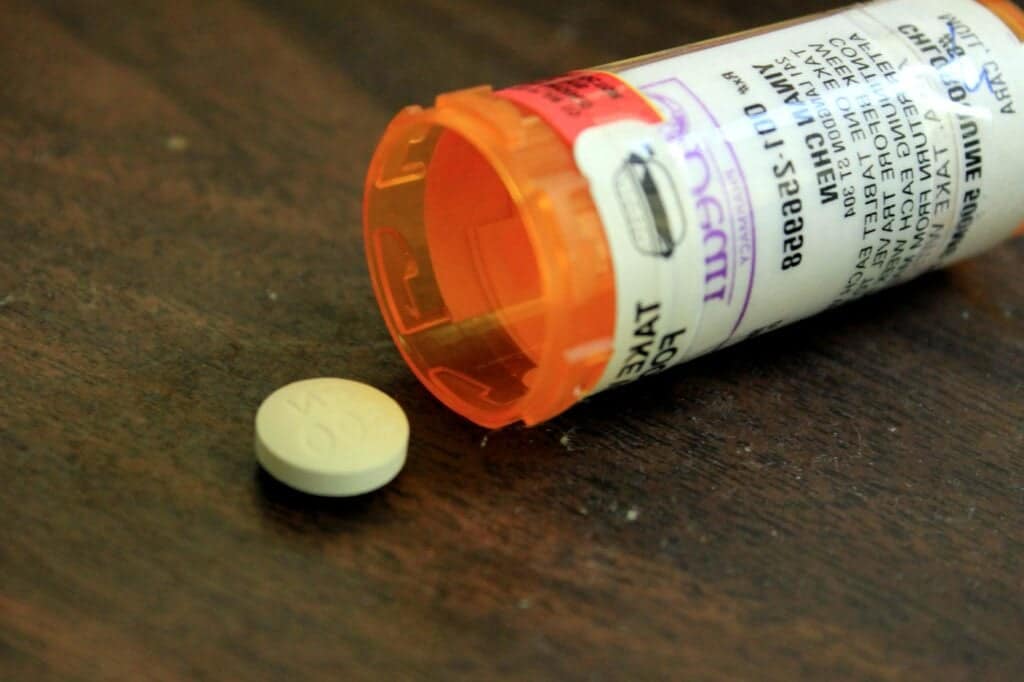
As with OTC medications, you may accidentally drop a pill or two, or leave your pill container out on the counter without thinking. Your cat may see the pill container and/or the medication and bat it around to play with it. Some curious cats may even ingest the dropped medications. The most common medications that can cause issues are anti-depressants, diabetes medications, anti-convulsants, cardiac medications, and blood pressure medications. Even a single pill can have a serious effect on your cats’ health.
As with OTC medications, try to figure out exactly how much of and what product your cat got into. We then always recommend calling the ASPCA Poison Control. As above, they can help determine if what your cat came in contact with was toxic or not and if you should take your cat to see a veterinarian.
4. Plants
Lillies and several other common household plants are severely toxic to cats. Every part of the lily plant, including the pollen, is severely toxic to your cat. If your cat nibbles on a leaf or part of the flower, it’s obvious they have ingested the toxin. However, even if your cat just rubbed their face against the vase of flowers and then groomed itself, they may have ingested a toxic amount of pollen.
Take your cat to your veterinarian or an emergency veterinarian as soon as possible. Every single part of the lily is toxic including the vase water. Lillies can cause acute kidney failure that if left untreated, can lead to death within days. The recommended course of treatment is hospitalization on IV fluids and bloodwork monitoring for a few days. The longer you wait to take your cat in, the higher the chance their kidneys have already suffered irreversible damage.
5. Household Toxins
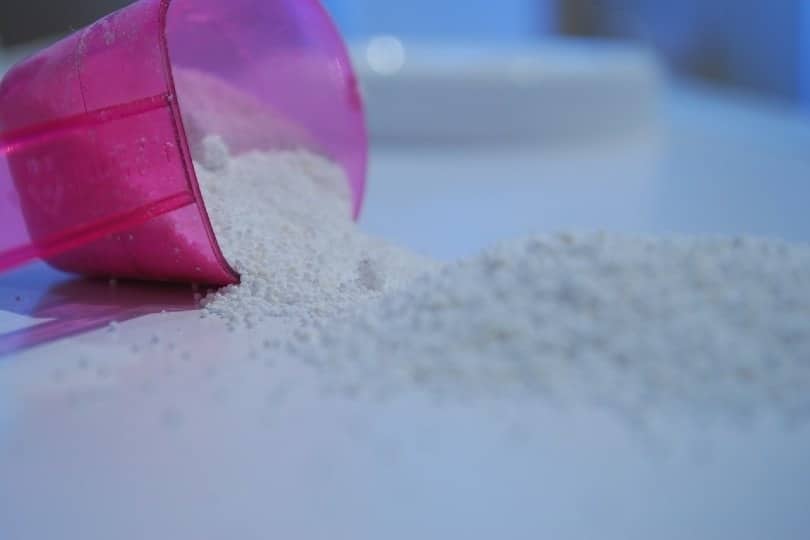
This can include any type of cleaning product such as bleach or cleaning wipes. Your cat may physically ingest the toxin, or at other times they may run through a room where the floor was just cleaned, or jump onto the counter and knock off cleaner, getting the product on their fur.
If your cat ran through a cleaning product or got anything on their fur, the first thing you should do is bathe them with an unscented and undyed dish soap. If your cat will allow it, wash the affected area at least three times, thoroughly drying the area in between. After you have bathed your cat (if needed), then you should contact either your veterinarian or the ASPCA Poison Control to determine if your cat needs to be seen or not.
6. Veterinary Products
Many veterinary products are flavored nowadays to make them more palatable for your pet to eat. This is especially dangerous if you have a curious cat who likes to eat anything. NSAIDs and antibiotics for your dog can be extremely toxic to your cat, especially at high doses. Other pain medications may not necessarily be toxic, but due to a high dose, they may cause significant sedation in your cat.
Call your veterinarian or a local emergency veterinarian. Some products may be safe for your cat, and they just may suffer from some sedation or an upset stomach. However, other products may be extremely toxic such as certain canine NSAIDs or high doses of antibiotics. Let the veterinary office know what your cat ate, how much, and how much your cat weighs. This will help them determine if your cat needs to be seen or not.
7. Rodenticides
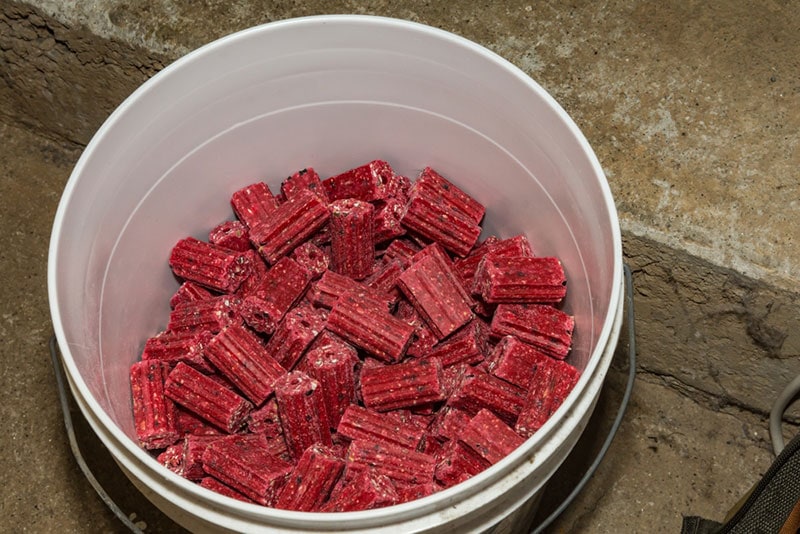
Unfortunately, rodenticides are formulated to be extremely tasty and attractive to rodents. Other animals may also find them tasty and attractive. Also, your cat may have ingested a rodent that has ingested rodenticide. These products are highly fatal, as that is what they are formulated to do.
Contact your local emergency veterinarian or the ASPCA Poison Control and have the name of the product and approximately how much your cat ate. Your cat will most likely need to be seen by a veterinarian for treatment. Some rodenticides will cause bleeding, others cause kidney failure, and others cause seizures.
8. Insecticides
This can include products used in the house, your yard, or even some products that are marketed for pets. Dog flea/tick medications are toxic to and can even be fatal if put on your cat. There are also many over-the-counter flea preventatives marketed for cats that can cause tremors, seizures, and skin irritation.
If the product has been put on your cat and/or your cat got it on their fur, as above, bathe them at least three times. This will help remove the toxin from their fur and reduce absorption into their system. After you have done this, we recommend calling your veterinarian or the number on the product box. Your cat may or may not need further care depending on the product.
9. Recreational Drugs
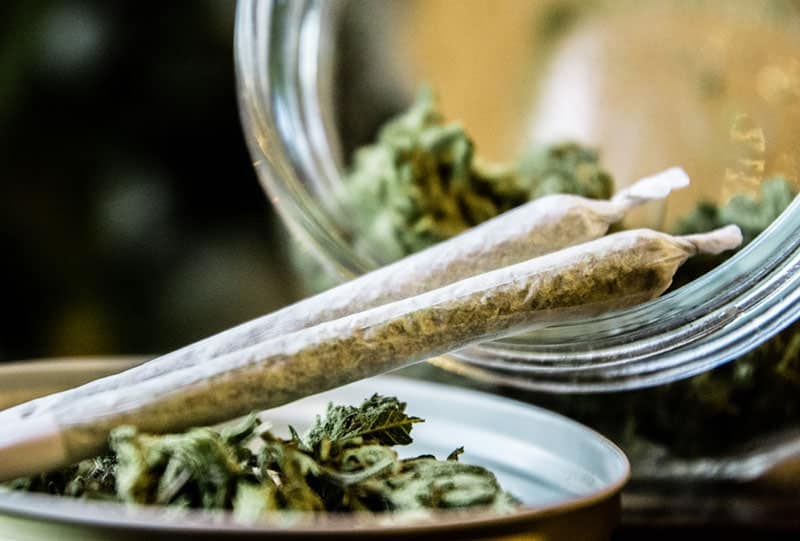
With the legalization of marijuana in many states, there has been an uptick in both cats and dogs ingesting these products and suffering toxicoses. However, other drugs which are left out can cause far more severe side effects and oftentimes be fatal.
Contact your veterinarian or your local emergency veterinarian. If your cat ingested a small amount of marijuana, they will likely be fine (just a little sedated). However, other drugs may be severely toxic or even fatal for your cat. Depending on what was ingested, your veterinarian may recommend you seek treatment at the emergency room as they would have more appropriate treatment protocols.

Conclusion
Cats, especially kittens, can be very curious and try to get into everything. This may lead to an increased risk of toxicosis. Some toxins are obvious, such as ingesting recreational drugs. Other times you may not even realize that your cat rubbed against the lilies sitting on your table or licked a small amount of wound ointment.
With any type of exposure, contact, or ingestion, the first step is always to remove your cat from the situation and try to determine how much exposure your cat had. You should then always contact your veterinarian, a local emergency veterinarian, or the ASPCA Poison Control Center to determine if your cat needs veterinary care or not.
See Also:
- Can Cats Have Pepto Bismol? Vet-Approved Safety Tips & FAQ Explained
- Pet Poison Prevention Week: When It Is & Vet Approved Safety Tips
Featured Image Credit: Prystai, Shutterstock
